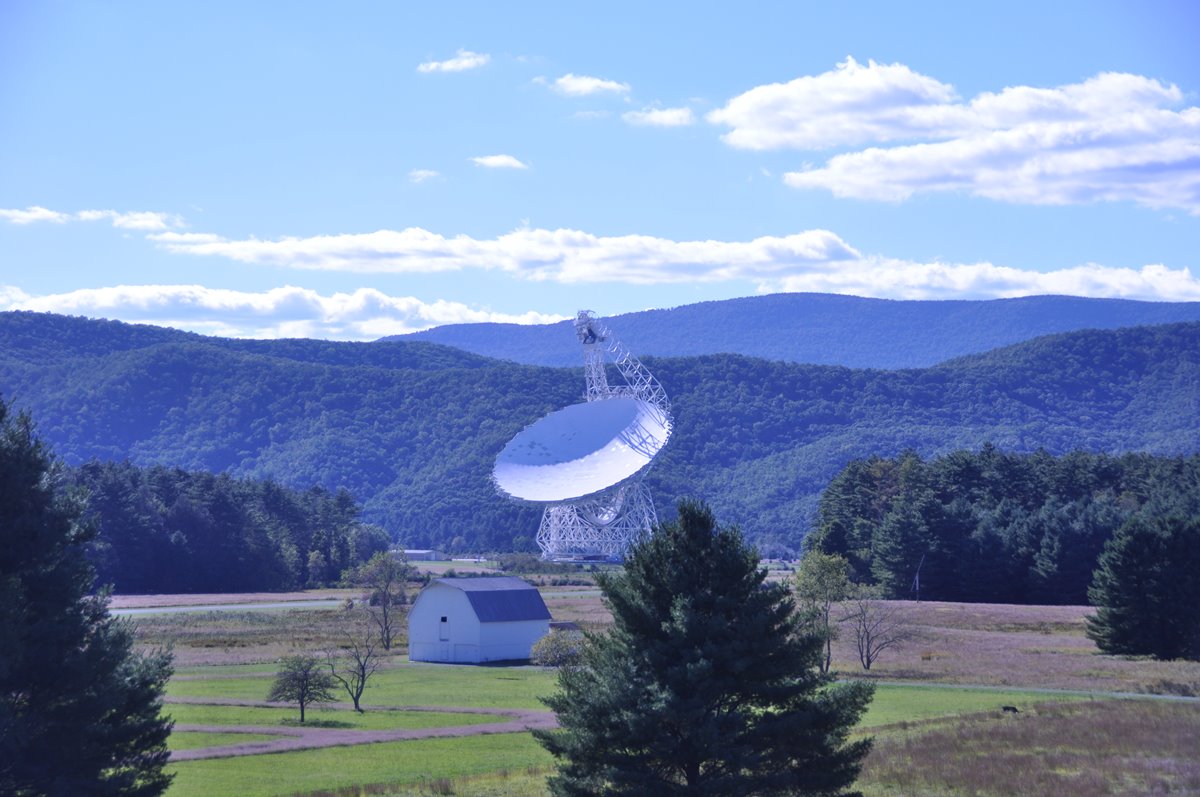J.N. Reddy and James Duderstadt to Receive Prestigious ASME Honors
J.N. Reddy and James Duderstadt to Receive Prestigious ASME Honors
Sept. 23, 2016

J.N. Reddy, Ph.D., P.E., and James J. Duderstadt, Ph.D., will be among nine distinguished engineers who will be recognized by ASME at the Honors Assembly this November at the ASME International Mechanical Engineering Congress and Exposition in Phoenix, Ariz. Dr. Reddy and Dr. Duderstadt will receive two of the Society’s highest honors — the ASME Medal and the ASME Ralph Coats Roe Medal, respectively — during the special multi-media event, which will be held Sunday, Nov. 13 from 7:00 p.m. to 8:00 p.m., at the Phoenix Convention Center.
Reddy, an ASME Honorary Member and Fellow and the Oscar S. Wyatt endowed chair professor, distinguished professor, and Regents Professor of mechanical engineering at Texas A&M University, will receive the ASME Medal during the awards ceremony. Established in 1920, the ASME Medal recognizes for eminently distinguished engineering achievement.
Reddy is being recognized for his lasting contributions to applied mechanics through authored textbooks and the development of shear deformation plate and shell finite elements for the accurate determination of interlaminar stresses in composite structures, which have had a major impact on engineering education and practice.
An authority in the field of applied mechanics for more than 40 years, Reddy has been a member of Texas A&M University faculty since 1992. Prior to joining Texas A&M, he was a faculty member and holder of the Clifton C. Garvin Endowed Professorship in the engineering science and mechanics department at Virginia Polytechnic Institute and State University from 1980 to 1992; and member of the University of Oklahoma’s aerospace, mechanical and nuclear engineering faculty from 1975 to 1980. He has taught courses on a range of topics including solid mechanics, continuum mechanics, elasticity, variational methods, composite materials, finite elements and applied analysis.
Reddy’s early research focused primarily on mathematics of finite elements, variational principles of mechanics, shear deformation and layerwise theories of laminated composite plates and shells, modeling of geological and geophysical phenomena, penalty finite elements for flows of viscous incompressible fluids, and least-squares finite element models of fluid flows. Reddy's more recent research has concentrated on nonlocal and nonclassical continuum mechanics problems and ordered constitutive theories in the theoretical mechanics of solids and fluids — problems involving couple stresses, surface stress effects, discrete fracture and flow, micropolar cohesive damage, and continuum plasticity of metals from considerations of nonequilibrium thermodynamics.
Reddy has authored or co-authored more than 550 journal papers, and more than 20 highly regarded textbooks on the finite element method, plates and shells, and composite materials and structures. In addition to being named an ASME Fellow and Honorary Member, Reddy has served as editor-in-chief of Applied Mechanics Reviews, associate editor of the Journal of Applied Mechanics, faculty advisor for the ASME Student Section at the University of Oklahoma, vice chair of Membership, chair and vice chair of the Applied Mechanics Division’s Committee on Computing in Applied Mechanics, and member of the ASME Committee on Composite Materials, among other ASME positions. He received the Worcester Reed Warner Medal in 1992 and the Charles Russ Richards Memorial Award in 1995.

Duderstadt, president emeritus and university professor of science and engineering at the University of Michigan, will receive the ASME Ralph Coats Roe Medal for outstanding public service as a professor and university administrator; for leadership roles in defining the science and technology agenda for the nation; and for efforts to grow underrepresented groups in our educational institutions.
Established in 1972, the award recognizes an outstanding contribution toward a better public understanding and appreciation of the engineer’s worth to contemporary society. Duderstadt is being honored for the substantial contributions he has made during his career to the engineering profession and society through research, teaching, public policy and service activities. In his current post at the University of Michigan, he is an instructor in the school’s Science, Technology and Public Policy Program and director of the Millennium Project, a research center that explores the impact of over-the-horizon technologies on society.
Duderstadt joined the University of Michigan faculty in the department of nuclear engineering in 1968 following an Atomic Energy Commission postdoctoral fellowship at the California Institute of Technology, Pasadena. He became a full professor at the university in 1975, dean of the College of Engineering in 1981, and provost and vice president for academic affairs in 1986. He was named president of the university in 1988 and served that position until 1996.
Duderstadt’s teaching and research have covered a variety of subjects in science, mathematics and engineering, including nuclear fission reactors, thermonuclear fusion, high-powered lasers, computer simulation, information technology, and policy development in areas such as energy, education and science. He is an established author in these areas as well, having published more than 30 books and 200 technical publications related to these topics.
Currently, Duderstadt serves as chair of the Policy and Global Affairs Division of the National Academies, co-director of the Glion Colloquium in Switzerland, nonresident Senior Fellow of the Brookings Institution, and director of the board of directors of the Department of Energy Consortium for Advanced Simulation of Light Water Reactors Nuclear Energy Innovation Hub. A member of the National Academy of Engineering, the American Academy of Arts and Science, the Phi Beta Kappa Society, and Tau Beta Pi, he is also the recipient of such honors as the American Nuclear Society’s Arthur Holly Compton Award in Education, the Department of Energy’s Ernest Orlando Lawrence Award for excellence in nuclear research, and the National Medal of Technology and Innovation.
The ASME Foundation is the proud supporter of the ASME Honors and Awards program through the management of award endowment funds set up by individuals, corporations or groups. For more information on the various activities scheduled to take place at IMECE 2016, visit http://www.asme.org/events/imece.




